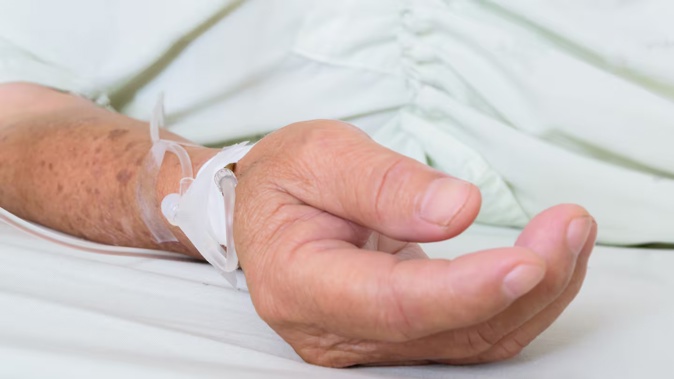
A patient suffered life-threatening complications after a home care service stopped monitoring his medication and left his catheter unchanged for four months.
The family of the man said he had been living independently but required rest home level care for the remainder of his life after the failures by the company, Nurse Maude.
The Health and Disability Commissioner today told Nurse Maude to apologise to the man’s family and make several changes to its internal systems.
In a report published this afternoon, the commission said the patient, called Mr A, was aged in his 70s, diabetic, and in an independent living unit at a care home. He started getting home-based care from Nurse Maude in 2018, which included visits to check his insulin management and change his catheter bag.
In mid-2019, he was struggling to manage his own insulin injections so a registered nurse started checking on him daily.
Once he appeared to be back on track, these daily check-ups were reduced to a less frequent check-up which would coincide with his scheduled catheter care visits.
However, because of human error, no further catheter checks were scheduled from November 2019. In addition, Nurse Maude did not inform Mr A’s GP that his insulin check-ups had been reduced.
Mr A contacted Nurse Maude asking for a new catheter bag each month, but this never happened.
After not receiving catheter care for four months, the man was taken to a hospital emergency department in March 2020. He was suffering a urinary tract infection and had “life-threatening complications” due to an extended period of high blood sugar because of missed insulin injections, the commission’s report said.
He was also suffering from cognitive decline.
After a month in hospital, his family said they were distressed at the impact of these events, which left him less independent than before.
Mr A’s memory loss was so severe that he could not recall the apartment where he had lived for a year, he could no longer drive, he could not remember family members’ names or what he had done that day, and was often upset and felt terrible “for what this had done to the family”, family members told the commissioner. He has since died.
Nurse Maude told the commission that Mr A had been discharged from its care in November “as a result of human error”. It apologised unreservedly and said there had been a “clear failure of our processes”.
Deputy Health and Disability Commissioner Dr Vanessa Caldwell said Mr A’s rights had been breached.
She said there was a “serious departure from accepted practice” when Nurse Maude did not notify the patient’s GP that his insulin management had been reduced.
Caldwell was also critical of the way in which he was discharged from Nurse Maude care.
“The erroneous discharge, caused by an inadequate process at Nurse Maude, created the situation where Mr A was not receiving any district nursing care for months, while his family and GP were unaware the visits had stopped. With no clinical intervention, Mr A’s deterioration and hospital admission was not unexpected,” she said.
She recommended Nurse Maude formally apologise to Mr A’s family and make a series of changes around its catheter care, education and staff training - with a requirement to report back to the HDC on these recommendations.
Isaac Davison is an Auckland-based reporter who covers health issues. He joined the Herald in 2008 and has previously covered the environment, politics and social issues.
Sign up to The Daily H, a free newsletter curated by our editors and delivered straight to your inbox every weekday.
Take your Radio, Podcasts and Music with you









